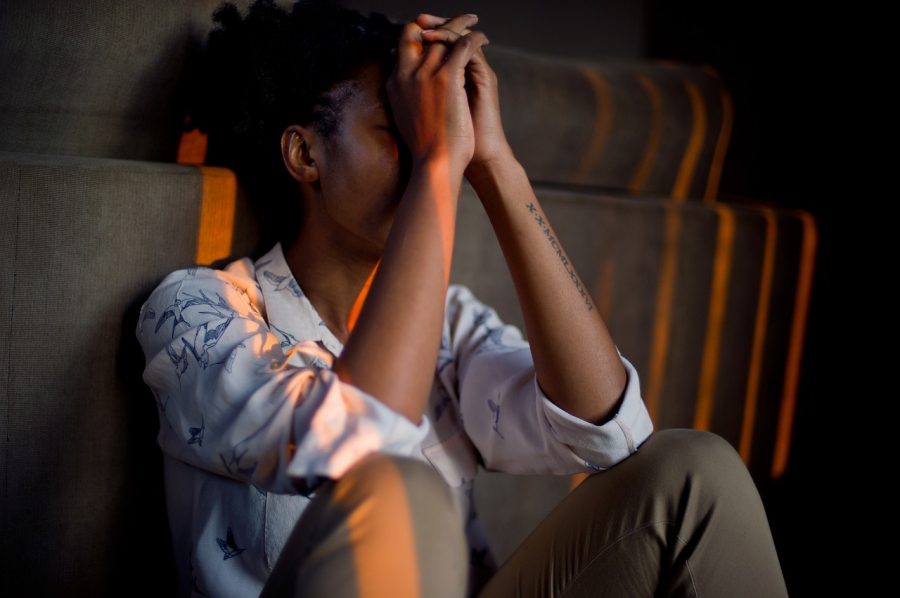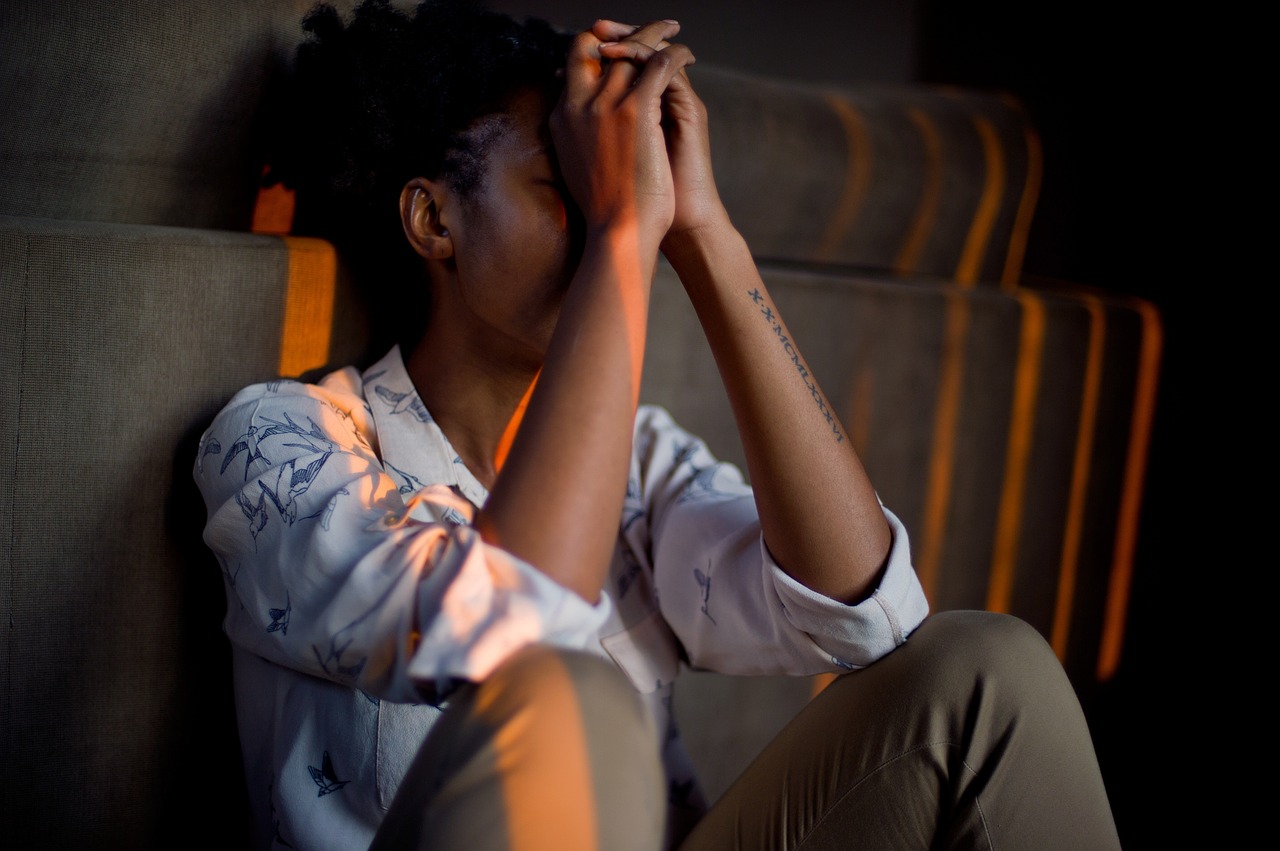
“My Mother Was Murdered for Muthi and Her Killer Walks Free”
Avela Faya was only 14-years-old when she lost her mother and her uncle at the hands of her adopted brother. Even though 11 long years have passed, the perpetrator – alleged to be Faya’s adopted brother – is still roaming the streets as a free man. Faya, along with other victims of gender-based violence (GBV) […]

Avela Faya was only 14-years-old when she lost her mother and her uncle at the hands of her adopted brother.

Even though 11 long years have passed, the perpetrator – alleged to be Faya’s adopted brother – is still roaming the streets as a free man.
Faya, along with other victims of gender-based violence (GBV) in South Africa, got an opportunity to share her tragic story with President Cyril Ramaphosa during the Presidential Summit on GBV and Femicide, held recently in Centurion, Tshwane.
Her story is tragic… and unfortunately, not unique…
Recalling the events of that fateful night that would separate her from her mother forever, Faya told the South African President that the suspect, accompanied by a group of his friends, broke into her home and went straight to her uncle’s bedroom where they suffocated him to death.
They then proceeded to her mother’s bedroom, where they initially demanded money.
Faya’s mother, who was seven months pregnant at the time, soon learned from her perpetrators that they were actually there for her body parts.
However, before killing her, the group gang-raped her.
My mother was ripped open while she was still alive and the baby was removed from her bodY
“My mother was ripped open while she was still alive and the baby was removed from her body. She was later mutilated until there were no limbs, and her throat was slit and disposed of with some of her body parts.
“The main body parts, hands and heart were sold for rituals.
“Till this day, I’ve never buried my mother, and my mother’s killers are roaming freely on the streets of South Africa,” said an emotional Faya.
Hundreds of delegates choked back tears as they listened to Faya’s story, and that of other victims sharing the gruesome details of the pain and humiliation they endured at the hands of the perpetrators.
While some of these perpetrators were unknown to the victims, some were intimate partners, and close family members and friends.
Faya, along with other victims, feels that South Africa has become a breeding ground for perpetrators who don’t fear the justice system, mainly because the chances of them walking free are high.
Call for law enforcement
Faya used the summit to call for consistent sentencing and enforcement of the existing laws. This, she says, could be a possible solution to prevent other women and children going through what she went through.
“We need to adopt a policy to make prosecutor-led investigations of GBV cases compulsory, in order to provide guidance and assist in the gathering of evidence. This will ensure that cases are taken to court and not only that, but perpetrators are trialled and ultimately sentenced.
“The 14-year-old Avela and the now 25-year-old, and many other children of South Africa who are often left to fend for themselves as a result of GBV and femicide, need closure and desperately need justice,” Faya pleaded.
She challenged traditional leaders to take a stand against muthi killings, and help in investigations and prosecution of cases.
Addressing the summit, President Ramaphosa said government needs to examine the possibility of introducing a national registry for protection orders.
He said sometimes survivors of violence have to flee their homes to other parts of the country and it becomes difficult to obtain copies of those orders without going through the whole process again.
Zero femicide rate
The President reiterated government’s commitment to bring down the figures of violence against women and children.
According to Stats South Africa, 138 per 100,000 women in our country were raped last year, the highest rate in the world.
“We cannot, and we will not, rest until we have brought those figures down to zero. We are aiming for a femicide rate of zero per 100 000.
“We want to reach a point where no woman, child or man has to experience the violence, violation and trauma of rape. There is no acceptable level of GBV. We want to eradicate it,” the President said.

He also called on all South Africans to become champions of the fight against gender-based violence and femicide.
“This is a societal problem that requires multi-faceted, society wide responses.”
Source: SAnews.gov.za
